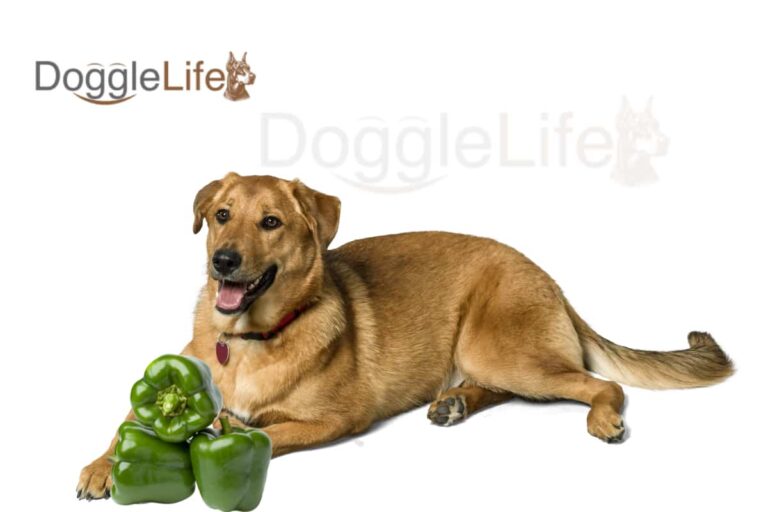Can Dogs Eat Yellow Squash Vet Approved
Many dog owners ask, “can dogs eat yellow squash?” Yellow squash is popular in kitchens, but is it safe for dogs? In this article, we’ll cover raw, cooked, fried, and summer squash, as well as seeds, skin, and mixing it with other vegetables like zucchini and cucumbers.

Can dogs eat yellow squash
Yes, dogs can eat yellow squash. This veggie is low in calories and packed with vitamins like A and C, which support your dog’s immune system and overall health. It’s best to serve it plain, without added oils, butter, or seasonings.
Expert tip: Always introduce new veggies gradually to avoid stomach upset.
Can dogs eat raw yellow squash
Dogs can safely eat raw yellow squash in small, bite sized pieces. Raw squash retains most of its nutrients, but some dogs may find it harder to digest than cooked. Always wash it thoroughly before serving.
Expert tip: Cut it into small cubes to prevent choking, especially for small breeds.
Can dogs eat zucchini and yellow squash
Yes, dogs can eat zucchini and yellow squash together. Both vegetables are gentle on your dog’s stomach and are great low calorie treats. Mixing them can provide a variety of flavors and nutrients.
Expert tip: Steam or lightly cook them if your dog has a sensitive stomach to make them easier to digest.
Can dogs eat cooked yellow squash
Cooked yellow squash is safe and often easier for dogs to digest than raw squash. Baking, steaming, or boiling without added seasonings is the best way to prepare it. Avoid salt, garlic, and butter.
Expert tip: Mash or chop it small for puppies or older dogs to prevent choking.
Can dogs eat yellow crookneck squash
Yellow crookneck squash is also safe for dogs to eat. Like other squash varieties, it’s rich in vitamins and fiber, supporting digestion and overall health. Serve it plain, cooked or raw, depending on your dog’s preference.
Expert tip: Start with a small portion to see how your dog reacts before making it a regular treat.
Can dogs eat yellow squash seeds
Yes, dogs can eat yellow squash seeds, but it’s better to remove them first. Seeds are generally safe, but some dogs may have trouble digesting them or could choke.
Expert tip: If your dog is small or has a sensitive stomach, stick to seedless squash to avoid any issues.
Can dogs eat yellow squash skin
Dogs can eat yellow squash skin. The skin contains fiber and nutrients that are good for digestion and overall health. Just make sure it’s washed well to remove any pesticides or dirt.
Expert tip: Always introduce the skin gradually, especially for dogs that aren’t used to fibrous vegetables.
See also:Can Dogs Eat Artichokes
See also:Can Dogs Eat Avacado
Can dogs eat yellow summer squash
Yes, dogs can eat yellow summer squash. It’s low in calories, high in vitamins, and safe to serve raw or cooked. Summer squash is great for adding variety to your dog’s diet.
Expert tip: Serve it plain and in small pieces to prevent choking and digestive upset.
See also:Can Dogs Eat Cooked Shrimp
See also:Can Dogs Eat Crab Meat
Can dogs eat fried yellow squash
Fried yellow squash is not recommended for dogs. The oil, batter, or seasoning can upset their stomach and add unnecessary fat. Stick to plain cooked or raw squash instead.
Expert tip: Treat your dog to baked or steamed squash rather than fried for a healthy alternative.
Can dogs eat yellow and green squash
Yes, dogs can eat yellow and green squash together. Mixing both varieties gives your dog extra nutrients and a fun taste combination. Serve them plain, either raw or cooked.
Expert tip: Chop them into small pieces for easy chewing, especially for smaller breeds.
Can dogs eat yellow squash and cucumbers
Dogs can eat yellow squash and cucumbers together. Both are low calorie, hydrating, and packed with vitamins, making a refreshing snack for your pup.
Expert tip: Keep the portions small at first to see how your dog reacts, and always cut into bite sized pieces.
Knowing can dogs eat yellow squash helps keep your dog safe and healthy. Raw, cooked, or summer squash is safe, but avoid fried options. Seeds and skin are okay if prepared properly, and mixing with veggies like zucchini or cucumbers adds variety to their diet. Always serve in moderation and watch for any digestive issues.






